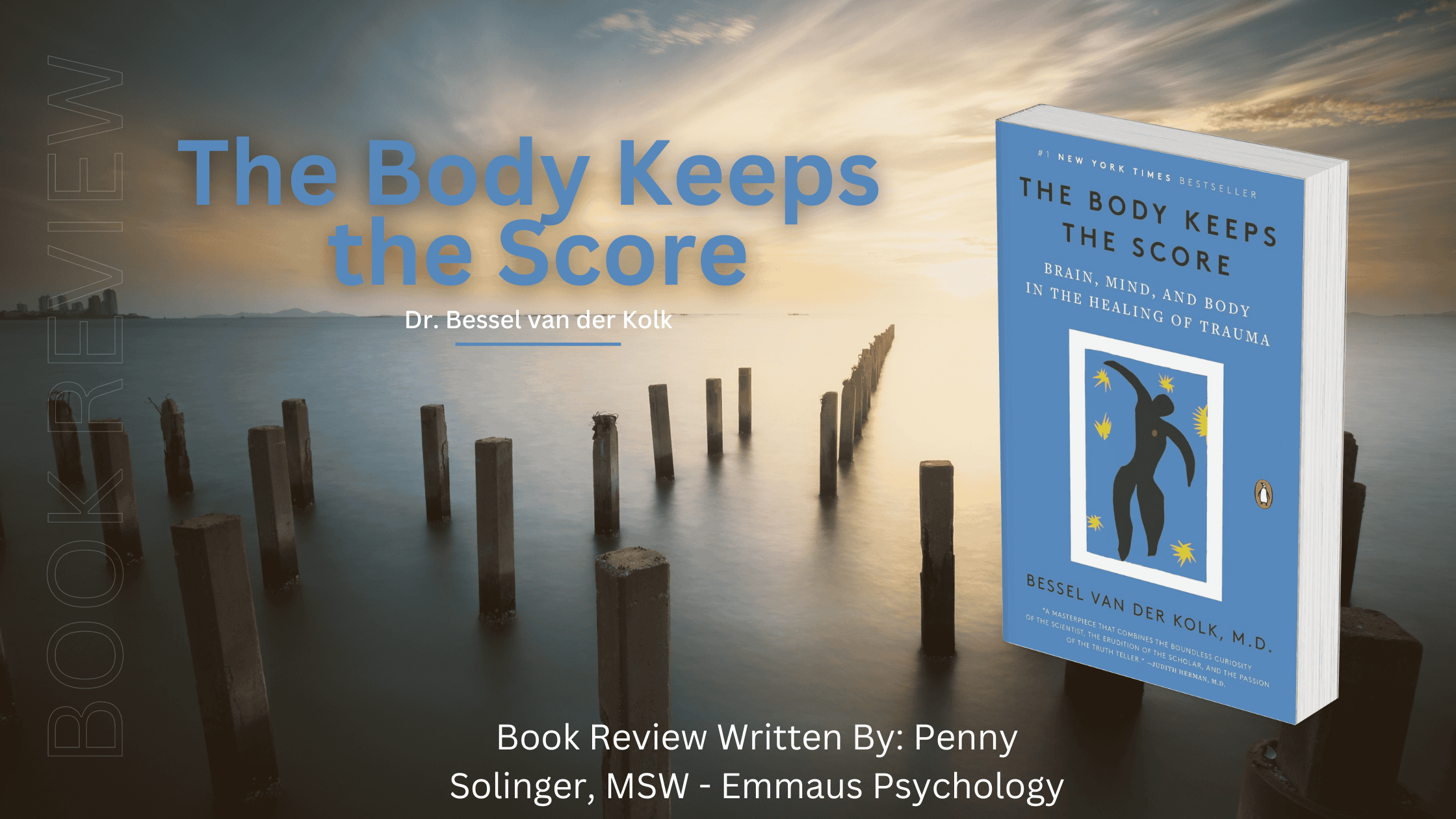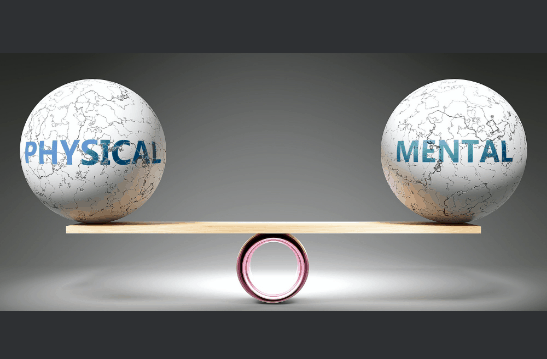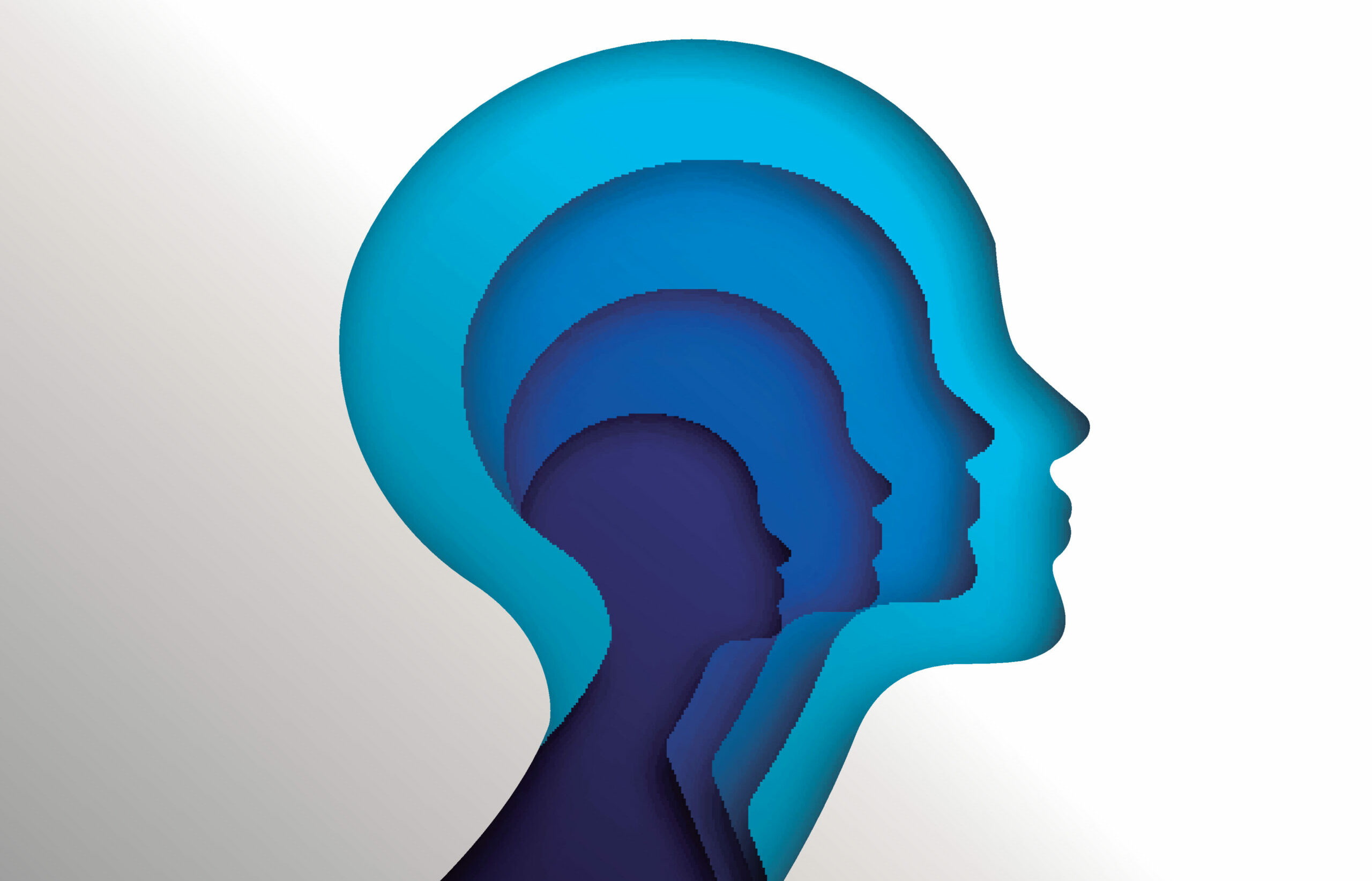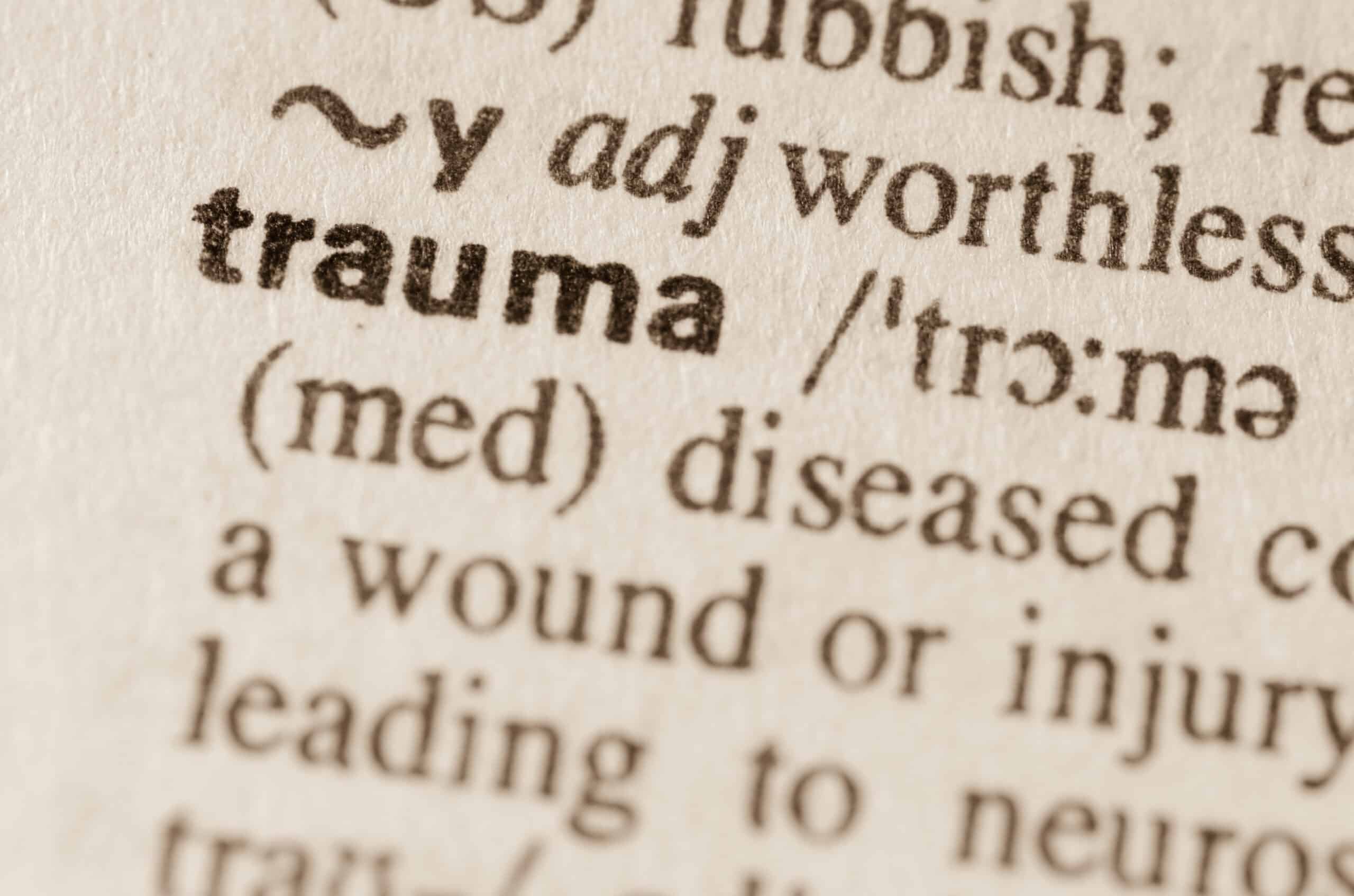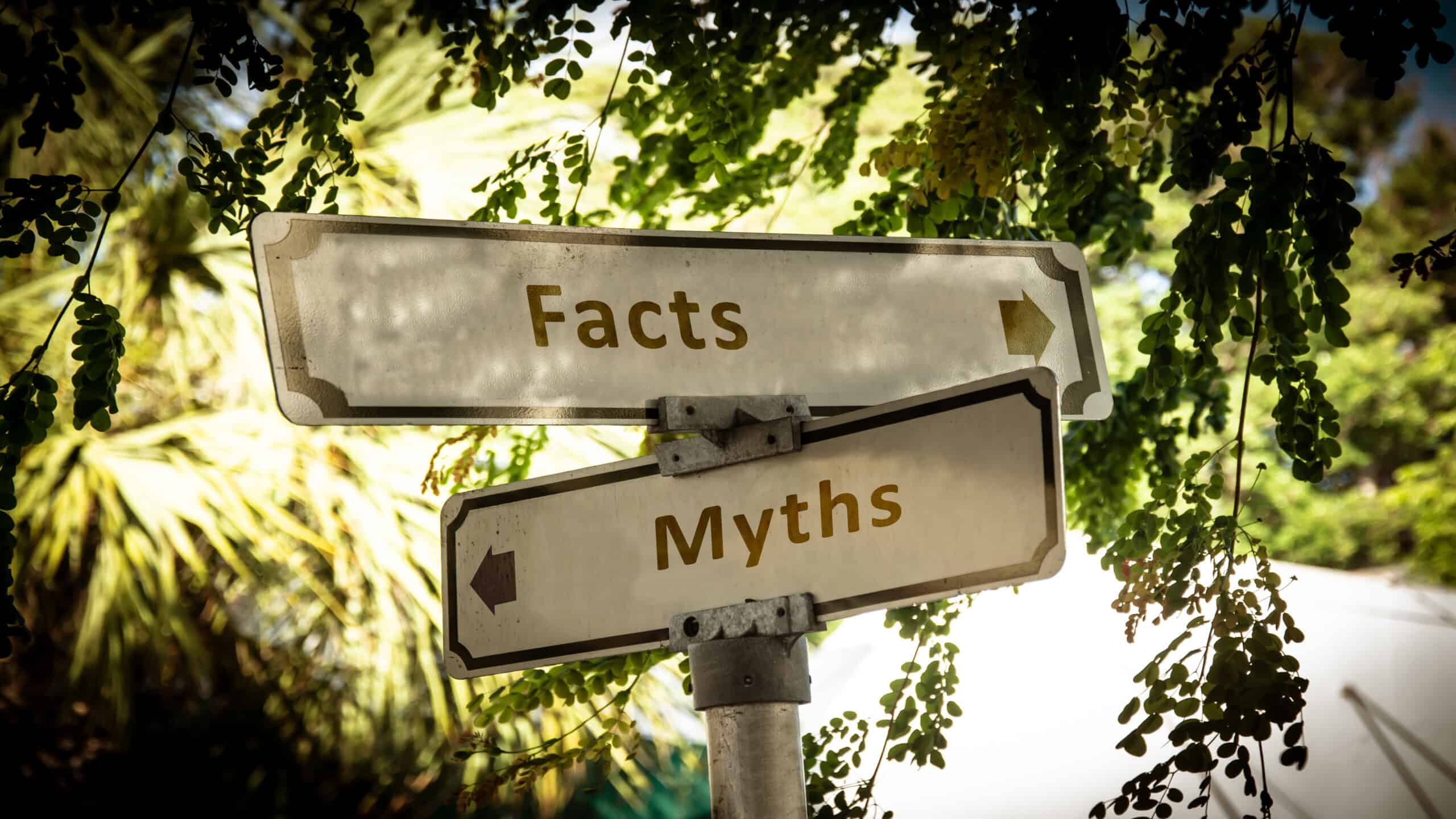The Body Keeps the Score
The Body Keeps the Score by Dr. Bessel van der Kolk is a profound exploration of trauma and its impact on the human body and mind. Van der Kolk, a renowned psychiatrist and researcher, draws from decades of clinical experience and research to illuminate how trauma reshapes both our physiology and our understanding of ourselves. […]
The Body Keeps the Score Read More »

